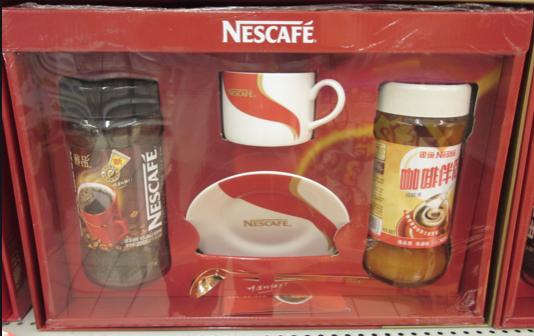
Identifying the Emotional Space
Introducing Coffee in China
When Nescafé wanted to launch in China no one was interested in drinking coffee. How we found them an emotional space that opened up a whole new opportunity.

The Background – Launching Coffee inti a Tea market
In 2009 Nescafé wanted to understand how they could successfully launch premium soluble coffee (PSC) into China.
China is traditionally a Tea market with – at that time – very little understanding of, or interest in, Coffee. While the first Starbucks were appearing on the streets of Beijing and Shanghai these were frequented by visiting Westerners and largely ignored by the locals.
The Key Question – How do we change attitudes and raise interest in Coffee?
This was no ordinary product launch. Conventional research was telling Nestlé that Chinese consumers had no interest in, or need for, coffee. If coffee was to succeed in China they needed to understand how they could promote significant behavioural and attitudinal change.
The Outcome – Nescafé became the leaders in a rapidly expanding Coffee Market in China
The Marketing Clinic are Consumer Psychologists. We approached this problem by understanding the consumer psychology. This was not about introducing coffee as an alternative to tea or to any other drink or food. The key to unlocking the problem could be found in understanding what premium-ness meant to Chinese consumers and the psychological drivers for it.
Premium-ness is driven by a combination of aspiration, indulgence, reassurance and competitiveness. We identified the balance of these triggers for Chinese consumers and how they could be satisfied throughout the coffee consumption experience as well as through brand positioning.
We developed a unique ‘Shape of Taste’ – a visual representation connecting the sensorial and emotional journey throughout consumption from aroma to aftertaste. This ‘Shape of Taste’ articulated which sensorial factors affected consumers’ perception of premium-ness. From this we were able to develop a specific taste brief for the Nestlé product development team for a drink that expressed the Chinese consumers’ vision of premium-ness.
Nescafé soon became leaders in a nascent, but rapidly expanding, instant coffee market in China.
Following this success Nestlé asked us to explore opportunities for Nescafé premium soluble coffee in a number of other markets in the world and we continue to work with Nestlé on a broad range of their products in many diverse markets.


